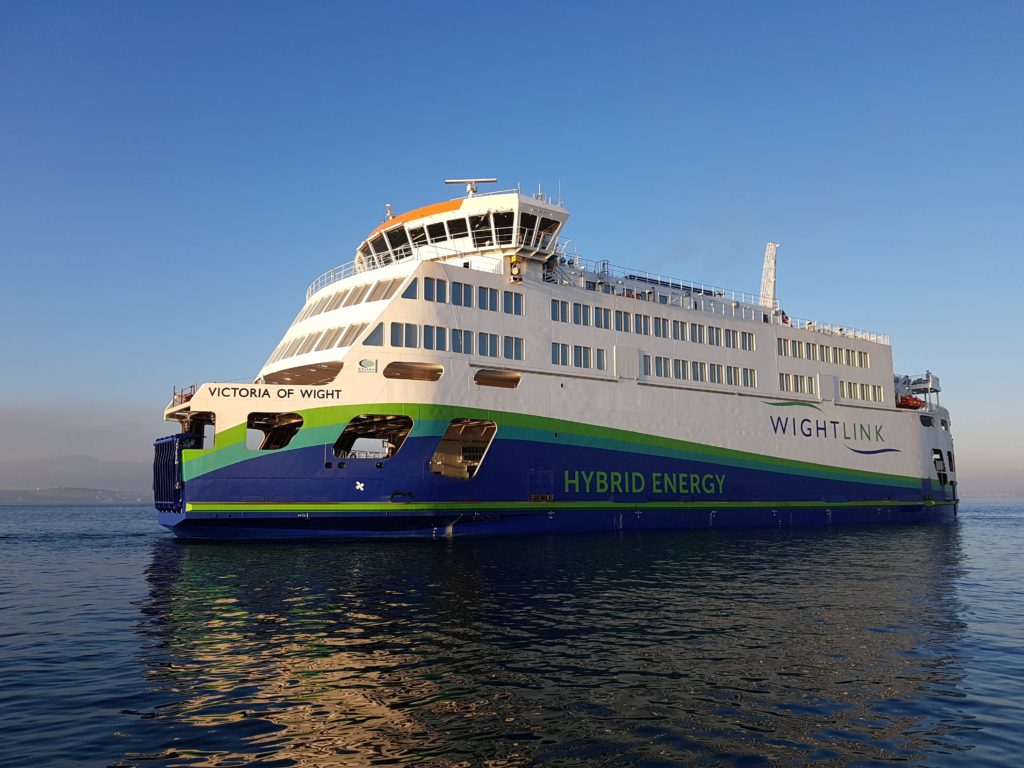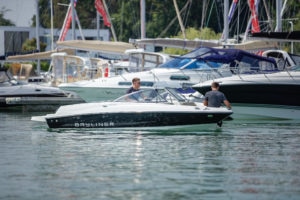FLO-MAR assesses use of Flow Batteries for zero-emission marine propulsion

A new project, FLO-MAR, has successfully attracted funding from MarRI-UK’s Clean Maritime Call to assess the feasibility of using innovative flow batteries in vessels to enable zero-emission marine propulsion and auxiliary power. Four UK organisations will work together on the project to investigate how the design of electric and hybrid ships, from ferries to wind farm vessels, can be optimised to accommodate flow batteries, assessing the advantages this technology offers in comparison with existing lithium-ion batteries and hydrogen fuel-cells.
The consortium delivering the project has considerable relevant expertise and includes Houlder, naval architects with broad experience in vessel design; Swanbarton, specialists in energy storage and control technologies for electrical power systems; Lloyd’s Register, a classification society with expertise in risk assessment and certification and Marine South East, a hub of marine businesses delivering innovation projects and commercialisation plans.
Jonathan Williams, CEO of Marine South East, says: “Decarbonisation of the maritime sector requires commercially-viable solutions for energy storage on-board. At MSE we are committed to advancing these solutions through collaborative innovation, and are convinced that FLO-MAR will be an important stepping-stone to achieve this.”
Flow batteries potentially offer faster charging in port, coupled with cost-effective, high-capacity storage, but have not yet been configured for marine applications. The FLO-MAR project will select the vessel types and operating situations most suitable for flow batteries and will develop an outline vessel design to validate the advantages offered by this battery type.
“Flow batteries offer an exciting opportunity to increase the electrification of shipping into a wider range of operations and we look forward to using our practical ship design experience to develop marine flow batteries through feasibility and testing into a commercially viable operational system,” says David Wing, Director Ship Design & Engineering at Houlder.
The Flow-Mar project will be instrumental in assisting the UK to achieve The Clean Maritime Plan’s goal of ‘zero emission vessels operating in UK waters’, enabling the replacement of fossil fuel combustion with electric propulsion.
Anthony Price, MD of Swanbarton comments: “With an increased emphasis on the electrification of transport, now is the right time to understand how the technical and commercial advantages of flow batteries can benefit future ship propulsion systems. We see an increasing interest in the role and applications of flow batteries in many sectors and are pleased to be working with MSE, Houlder and Lloyds Register on this important maritime project.”
Preliminary investigations suggest that flow batteries could be particularly well suited to a variety of vessels including domestic passenger vessels as well as offering a possible solution for shore-power systems in ports.










